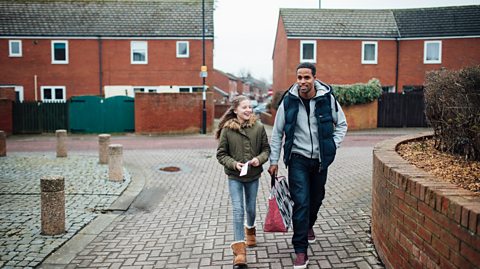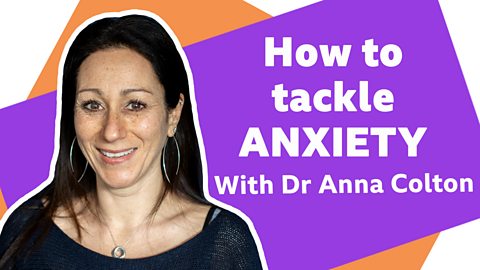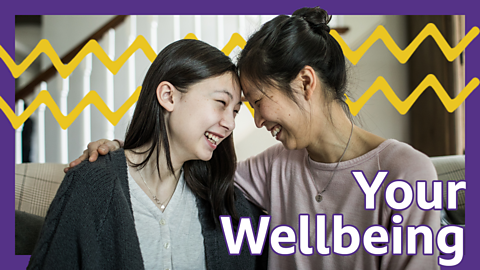Being lonely has become a social issue and is often stigmatised, but there are ways to look at this differently - to see it as a normal part of being human, and then to find ways to come to terms with and understand it as an emotion.
We asked Amy Perrin from Marmalade Trust ā a charity that aims to raise awareness of loneliness and help people make new friendships ā for some helpful tipsā¦
Acknowledge feelings of loneliness

The first step is often to identify how you are feeling and acknowledge that you are feeling lonely. āValidation is important ā again it is good to remember that loneliness is very common, then you can use the acknowledgment of how you are feeling as a springboard to help find solutions.ā
Accept that time alone is important
Amy points out: āRemember that being alone doesnāt have to mean you are lonely! Itās important for us to have time alone - to recharge, reflect and just 'be with our self' and enjoy that.ā
Talk about loneliness

Be open and talk with your friends and family. Amy says: āShare your experiences - people you may have seen or experiences you may have had yourself show that loneliness is natural at certain times of life."
"Loneliness has a lot of unnecessary stigma and shame surrounding it, so talking about it in an open and positive way is really important. Avoid terms such as 'tackling', 'admitting', 'suffering from' as these all add to the sense that it is something that we should stop.ā
Think about social connections.

Amy says that, āLoneliness is a warning sign that you need to address your social connection needs - a bit like thirst is a warning that you need to drink.ā
Ask yourself, do you have enough social interaction or connections?
āWeāre all different and will need and want different amounts of social contact. Think about who you have contact with - friends, family, mates in clubs or groups - and how that makes you feel when you spend time with them? Does it make you feel happy and connected, or maybe some relationships make you feel different and left out?ā
Click here for more advice on making a support network to help you and your child.
Take some action

āThink about what makes you feel happy, connected and a part of something; are there options to do more of this?ā
Can you perhaps join a club, go out for more walks in your neighbourhood, volunteer, spend more time with family members?
There are some self-care tips in this Parentsā Toolkit article.
Use technology wisely
āThere are so many options to communicate and connect, so make sure technology is making you feel more connected not more disconnected.ā
You may spend time keeping in touch with friends in a positive way on social media, but remember that endless scrolling can also increase feelings of isolation ā especially if you see posts from other people, which often present an idealised lifestyle or their ābest lifeā that makes you feel like youāre missing out.
For more help: Marmalade Trust have further information .

More from “óĻó“«Ć½ Bitesize Parents' Toolkitā¦
Parents' Toolkit
Fun activities, real-life stories, wellbeing support and loads of helpful advice - we're here for you and your child.

Mental health first aid kit for parents: Who to ask and what to do
Worried that your child needs help with their mental health? Here's how you can access professional help and support your child while you wait.

Four steps to chatting with your child about their mental health
Starting a conversation about mental health isn't easy. Especially if your child is reticent to open up. This advice from the charity Young Minds may help.

How to tackle anxiety with Dr Anna
Calming techniques to help parents and children manage their anxiety.

Paddy & Christine McGuinness - Our Family and Autism: Advice for parents
Paddy and Christine McGuinness have 3 autistic children - their experiences may help parents who're looking for, or have received, an autism diagnosis for their child

